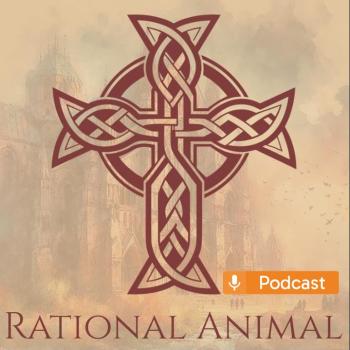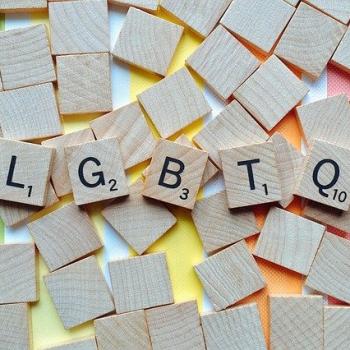Those statistics aren't intended to put the fear of the Southern Baptist god in someone. They're simply facts. Reality. And eventually one has to deal with reality.
But getting back to what you said, yes, loneliness, intimacy, connection, and love—or its failure, they are very real in the lives of Americans. At least many of the ones with whom I communicated.
What did I learn about myself? Many things. And I'm still learning. But one thing I learned is that as much as I don't want to be a sexual human being, I am. And I learned that as much as I don't want to be, I am very much like my sex sources in that I fear my secret sexual desires will cause people to judge me and reject me.
The good news is that with the publication of Secret Sex Lives, I've been forced to reveal some of my sex life, some of who I really am. And though my family has been somewhat shocked and disappointed in me, they have clearly stated that I am still loved and will not be rejected. They just don't want me to do it—sex—anymore!
I know—and now your readers know—that your family is a central part of your life. Your love for them shows through in your writing, and in your concerns about what they'll think about you for writing this book. Can you talk about how you manage being in relationship with people you love but with whom you don't necessarily see eye to eye on all things? Are there any lessons we could carry into society?
Unfortunately, I coped just like my sex sources—I built walls. I kept secrets. Just like my sex sources, it made me lonely, isolated, angry, resentful, and insecure. I was living a dual life, which was very, very stressful—so stressful that I've been in and out of therapy for decades with no resolution.
Solely because of the publication of Secret Sex Lives, I've been forced to be more open and honest with those closest to me, meaning my mother and sister. It's been tough. It's been painful . . . for all of us. But it's been rewarding too in that I can rest in the blessed assurance that I truly am loved and accepted by them, something that I've doubted all my life. Now I don't have to doubt. I know. Knowing is so much easier.
Having said that, my entire family doesn't know yet—people I mentioned in the book. And I may face condemnation and rejection from them when they do know. But I hope even that will be easier because I will know and will no longer be living in fearful limbo. Fearful limbo—is that the Southern Baptist version of Purgatory?
So is that the lesson that we can carry into society? That the truth will set us free? I think so, whether it's the truth or The Truth. Either way, in this day and age of the internet, text messages, and video cameras everywhere, there are no secrets. It all comes out some time, some way, some day. And I guess that's what I wish society would learn—one might as well live a life of honest truth, because, eventually, the truth—be it good or bad—will be revealed.
That's a religious teaching we cling to as well; for better or worse, our choices will some day stand in the light and we'll have to account for them. In the writing of the book and in becoming more than just an observer to your topic, I noticed that you were constantly reflecting on your faith. Where do you find yourself now in the way you think about your faith? Where do you find yourself on moral issues like sexuality? What does Jesus think about your book?
Recently, I watched an Anne Rice video about what she believes. As I'm sure you know, for decades she was an agnostic or atheist. Then for several years she returned to her Catholic faith and wrote a couple of novels about Jesus. Then she forsook Christianity, but not Jesus (if I recall correctly). Now she has pretty much forsaken Jesus and simply believes in a higher power, but what form or name it takes, she's not sure.
All of that is a way of saying that in the video Anne stated that she believes you're either born to believe or not, and there's no changing that, no matter what. To some degree, I tend to agree with that statement, because there are days that I don't want to believe—Jesus doesn't make sense to me, the Bible doesn't make sense to me. My life would be so much easier if I didn't believe, because it seems to me that if you're at either end of the belief spectrum—devoted non-believer or rightwing believer—life is easier. It's black and white and you don't have to make decisions. You just believe (fill in the blank) or you don't.
But I seem to fall into the middle. (Does that mean I'm lukewarm and God wants to spew me out of His mouth?)
So as much I don't want to believe, I can't. It's who I am. It's what I am. For better or for worse, I am a believer in and follower of Jesus Christ. I'm sure I disappoint Him every day, but I pray that I make Him happy in my trying . . . trying to teach and live in love and tolerance, to show grace and mercy. And to me, that's what Jesus and belief is all about.





